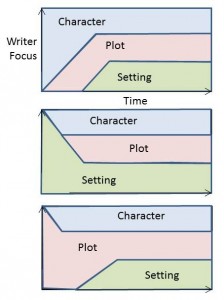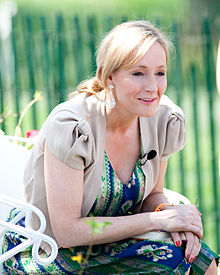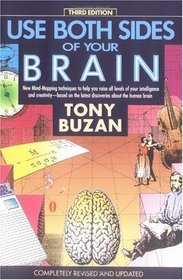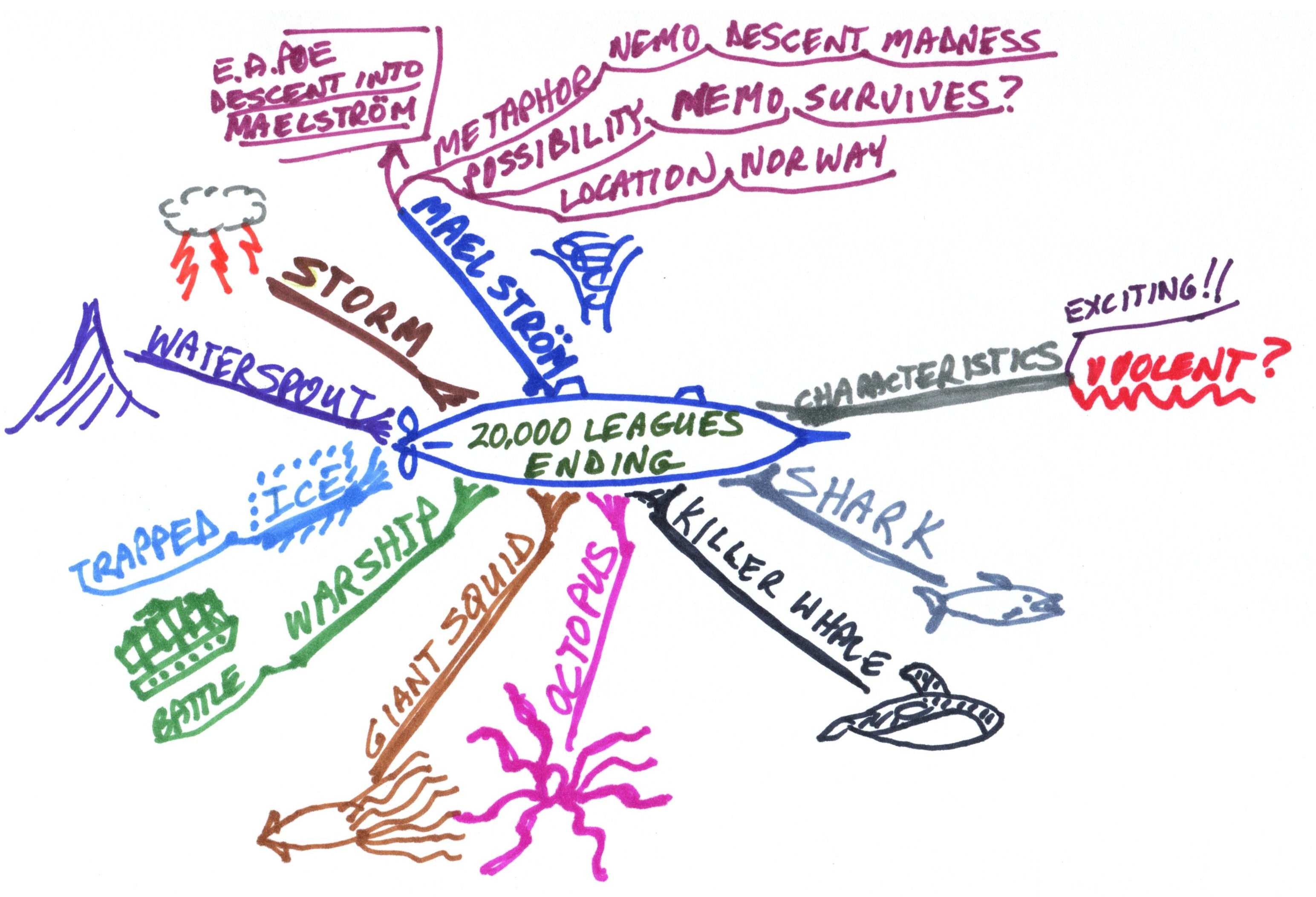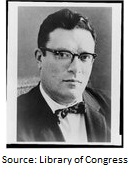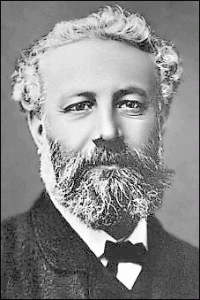One of the things that drew me into fiction as a child was the sense of wonder I experienced when reading certain fiction, notably that of Jules Verne, Arthur C. Clarke and later science fiction writers. The question is, how does a writer evoke that in readers?
 First, let’s try to define it. The book Brave New Words: The Oxford Dictionary of Science Fiction defines it this way: “a feeling of awakening or awe triggered by an expansion of one’s awareness of what is possible or by confrontation with the vastness of space and time, as brought on by reading science fiction.”
First, let’s try to define it. The book Brave New Words: The Oxford Dictionary of Science Fiction defines it this way: “a feeling of awakening or awe triggered by an expansion of one’s awareness of what is possible or by confrontation with the vastness of space and time, as brought on by reading science fiction.”
Although often associated with science fiction, that emotion needn’t be. Rachel Carson’s book The Sense of Wonder was about sharing a love of nature with a child.
I like the associate with childhood. To children the natural world is new, and they experience that sense of wonder more often. Then it fades as we age and it takes more than mere nature to astonish us. Here’s an example of that fading-with-adulthood phenomenon. How many times have you heard the finale of the William Tell Overture (the Lone Ranger theme) by Gioachino Rossini? Ho hum, right? But do you remember the thrill of that first time you heard it? Can you image what audiences of 1829 felt the first time that finale ever played, anywhere?
Up until Jules Verne and authors who followed him, adults most often experienced the sense of wonder in religious contexts, or in fantasy literature. Through his writing Verne showed the world what engineers and scientists of the time were bringing about—a better understanding of the natural world, and the amazing things man might do to achieve his ends. Verne showed readers something new and vast, and it had nothing to do with God or dragons, but with people.
Arthur C. Clarke was another science fiction author who captured the sense of wonder better than most. He carried the science far beyond Verne did, and showed a future humanity achieving, through engineering, the capabilities of gods or wizards. It was Clarke who said, “Any sufficiently advanced technology is indistinguishable from magic.”
For writers seeking to induce the sense of wonder in their readers, then, how do you do it? I think there are four elements involved:
- A “thing” that is new in some way, or an old thing in a new context
- A powerful description of that thing, emphasizing its newness
- One or more characters confronting the thing
- A depiction of the awe felt by one or more of the characters. How does the thing make the character feel? Again, you’re striving to recreate in words the amazement a child feels for something new.
If you do this well, if your characters are compelling, if the thing is truly worthy of awe and you’ve described it and your characters’ impressions well, then your readers will feel the wonder of it right along with the characters.
In my fiction, I strive to create this sense of wonder, most often in association with technology. Many of my stories are historical, so the characters see something outside their experience, but not necessarily beyond that of modern readers. I confront my characters with such things as a flying trireme, a clockwork lion, a giant mechanical elephant, a steam-powered oared galley in the 1st Century, and steam-powered human limbs (coming soon).
Is there anything to this “sense of wonder” stuff, in your opinion? Have you experienced that feeling from reading fiction? Have you tried writing it into your fiction? Leave a comment and let me know. Wondering about the answer to these and other questions, I’m—
Poseidon’s Scribe

